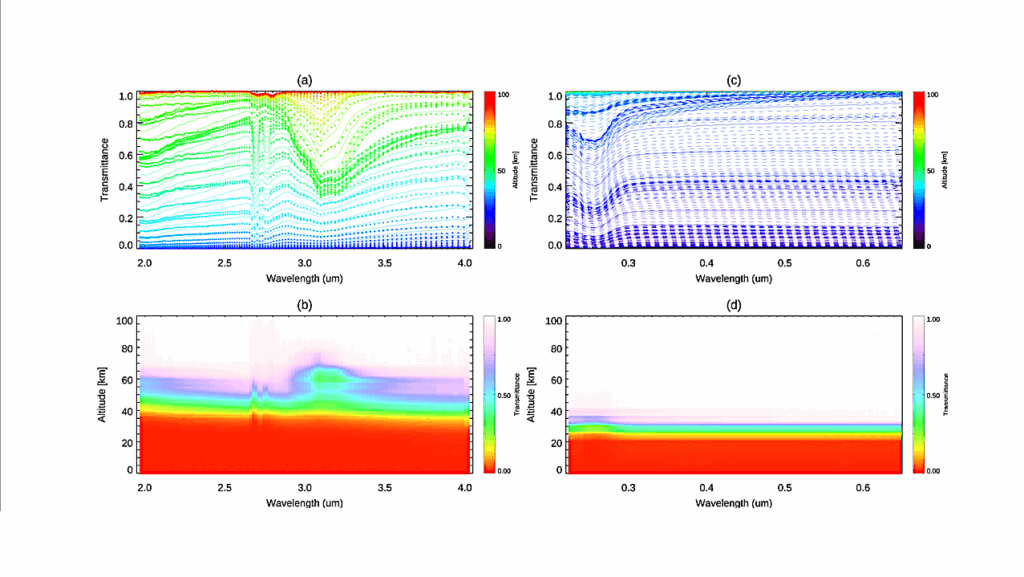Sporadic Spin-Orbit Variations in Compact Multi-planet Systems and their Influence on Exoplanet Climate

Climate modeling has shown that tidally influenced terrestrial exoplanets, particularly those orbiting M-dwarfs, have unique atmospheric dynamics and surface conditions that may enhance their likelihood to host viable habitats.
However, sporadic libration and rotation induced by planetary interactions, such as that due to mean motion resonances (MMRs) in compact planetary systems may destabilize attendant exoplanets away from synchronized states (or 1:1 spin-orbit ratio).
Here, we use a three-dimensional N-Rigid-Body integrator and an intermediately-complex general circulation model to simulate the evolving climates of TRAPPIST-1 e and f with different orbital and spin evolution pathways. Planet f perturbed by MMR effects with chaotic spin-variations are colder and dryer compared to their synchronized counterparts due to the zonal drift of the substellar point away from open ocean basins of their initial eyeball states.
On the other hand, the differences between perturbed and synchronized planet e are minor due to higher instellation, warmer surfaces, and reduced climate hysteresis. This is the first study to incorporate the time-dependent outcomes of direct gravitational N-Rigid-Body simulations into 3D climate modeling of extrasolar planets and our results show that planets at the outer edge of the habitable zones in compact multiplanet systems are vulnerable to rapid global glaciations. In the absence of external mechanisms such as orbital forcing or tidal heating, these planets could be trapped in permanent snowball states.
Howard Chen, Gongjie Li, Adiv Paradise, Ravi Kopparapu
Comments: 14 pages, 6 figures, accepted to the Astrophysical Journal Letters
Subjects: Earth and Planetary Astrophysics (astro-ph.EP)
Cite as: arXiv:2302.11561 [astro-ph.EP] (or arXiv:2302.11561v1 [astro-ph.EP] for this version)
Submission history
From: Howard Chen
[v1] Wed, 22 Feb 2023 18:56:24 UTC (3,839 KB)
https://arxiv.org/abs/2302.11561
Astrobiology








